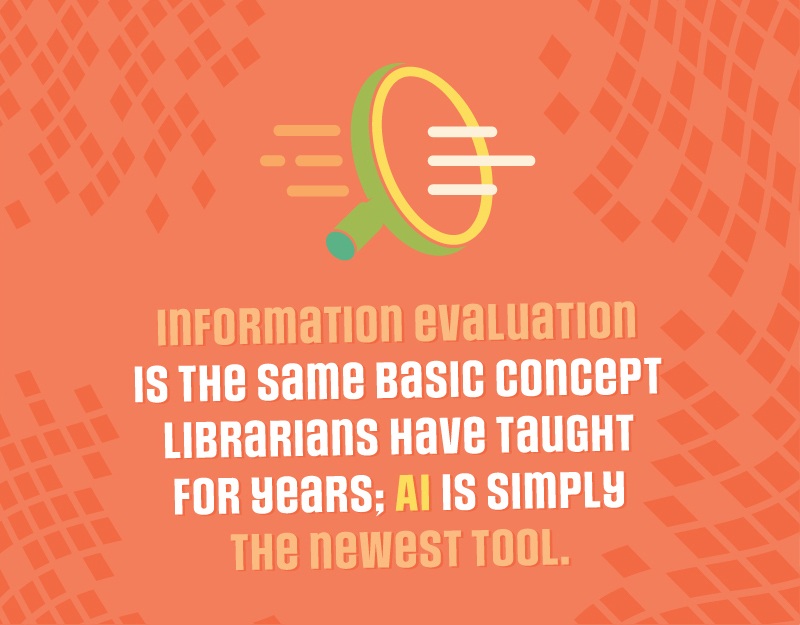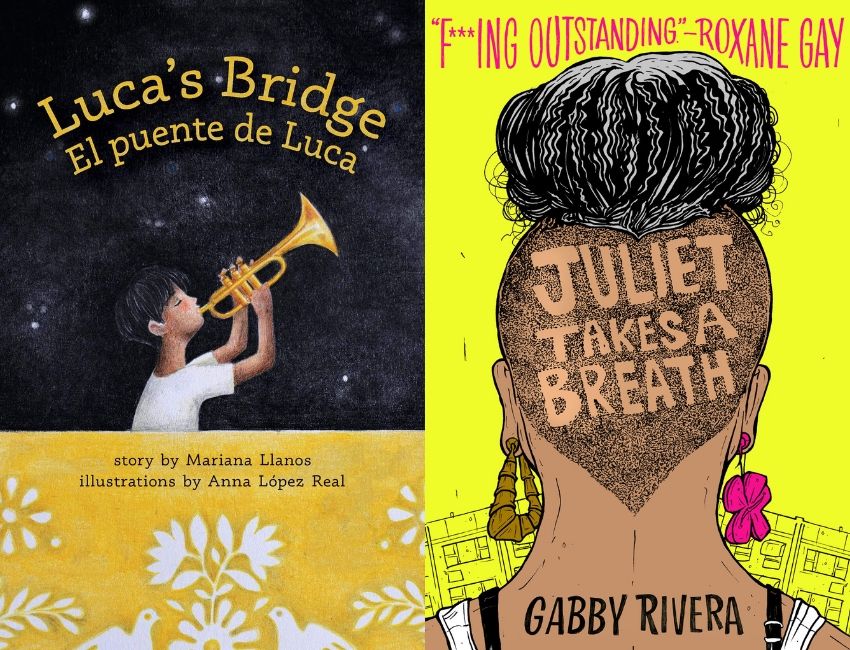#MHYALit: Fight the Stigma, Ask for Help, a guest post by Heather Marie
Today writer Heather Marie joins us to talk about getting help for depression and other mental illnesses. Her post originally appeared on her own blog, Heather Marie Talks Recovery. Find Heather at Twitter.com/HeatherMarieYA and HeatherMarieYA.com.
 The title of this post might seem easier said than done, but the reality of speaking on the topic of mental health is that fear and stigma go hand-in-hand when it comes to asking for help. I should know, after all, because it’s this stigma that took me 15+ years to finally speak out.
The title of this post might seem easier said than done, but the reality of speaking on the topic of mental health is that fear and stigma go hand-in-hand when it comes to asking for help. I should know, after all, because it’s this stigma that took me 15+ years to finally speak out.
ADVERTISEMENT
ADVERTISEMENT
I was twenty-nine when I found the courage to sit down with my family/friends and admit everything that’s been happening to me. The scary thing about people who suffer from depression is how easily we can hide it from those we love. We become actors of sorts—one form of ourselves that everyone can see, and the person we really are when no one else is around. That’s when it’s the scariest, the alone time—the isolation; it’s when the dark thoughts surface and convince us that there is no Hope, no reason to try. We spend that time contemplating things that terrify us. The type of things that could be irreversible. Even when you’re in this state of mind, it’s difficult to comprehend how quickly your brain can turn against you. At times it’s almost like you’re not you at all, but rather an entity floating outside your body, disconnected from the reality of who you are.
 When you spend weeks, months, or years feeling this way; finding a strand of Hope locked down inside of you and grabbing hold can often times feel impossible. It’s like this tiny piece of you screaming to be saved that’s hidden underneath all the darkness that’s too thick, too blinding to find your way out of. But sometimes it takes every part of you to see past that cloud, and into the depths beneath to cling on to that Hope and tug as hard as you might. You have to fight for it, claim it. And I’m here to tell you that doing so is possible. More than you’ll ever know.
When you spend weeks, months, or years feeling this way; finding a strand of Hope locked down inside of you and grabbing hold can often times feel impossible. It’s like this tiny piece of you screaming to be saved that’s hidden underneath all the darkness that’s too thick, too blinding to find your way out of. But sometimes it takes every part of you to see past that cloud, and into the depths beneath to cling on to that Hope and tug as hard as you might. You have to fight for it, claim it. And I’m here to tell you that doing so is possible. More than you’ll ever know.
But here’s the truth about recovery, and I’m gonna give it to you straight—it is not easy. In order to begin, you’ll have to have a conversation with yourself. It’s at this point—and you might find yourself there once you’ve hit rock bottom, or maybe right from the start—you must find it in yourself to say: “I am worthy of happiness. I am worth of recovery. I am worthy.” As hard as it is to believe, just telling yourself this over and over again will ignite a flame of Hope inside of you. Repeating this mantra will allow that flame to grow, and though it sounds ridiculous, or maybe even cheesy, recovery starts with you. It’s you that has to accept the truth of the matter which is this: You are worthy of this life. You are worthy of love. You are worthy of a chance to live a life without depression.
It might take some time to believe these words, but you will. And in doing this, it’s incredibly important—and I can’t stress this enough—for you to reach out to the person or people closest to you and express to them how you feel. I’m not lying when I say, this is one of the hardest parts. It’s one thing to have this conversation with yourself, but opening up to other people? Admitting your pain? Your struggles? Saying those words mean you are owning up to them as well, and this, my friends, is one of the most important steps you’ll ever take.
Even if you speak words as small as, “I’m not okay” or “I’m sad and I don’t know why”, you are bravely moving in the right direction toward recovery. You don’t have to say it all at once, but I encourage you to say anything at all. Let someone know what you’re thinking, how you’re feeling. Understand, though, that not everyone knows the right thing to say at first, but they will. You might even be surprised to find that they’ve been waiting for you to reach out all along.
ADVERTISEMENT
ADVERTISEMENT
But with all of this being said, please know that your recovery doesn’t end here. As overwhelming as it may seem, this is only the beginning, but it’s certainly a start. A very incredible, gigantic start.
 Starting a conversation about your mental health is the bravest thing you could ever do for your recovery. And if you should ever feel that you can’t talk to a friend or family member, or even if you can, please don’t be ashamed to seek a counselor (maybe one at your school), or a psychologist, or even looking to this Finding Help page on TWLOHA’s website that lists all sorts of resources in your area. If not that, perhaps contacting your local NAMI (National Alliance on Mental Illness), or becoming acquainted with apps such as 7 Cups of Tea to speak anonymously to a Listener, will prove beneficial for you as you start this journey. They most certainly helped me along mine.
Starting a conversation about your mental health is the bravest thing you could ever do for your recovery. And if you should ever feel that you can’t talk to a friend or family member, or even if you can, please don’t be ashamed to seek a counselor (maybe one at your school), or a psychologist, or even looking to this Finding Help page on TWLOHA’s website that lists all sorts of resources in your area. If not that, perhaps contacting your local NAMI (National Alliance on Mental Illness), or becoming acquainted with apps such as 7 Cups of Tea to speak anonymously to a Listener, will prove beneficial for you as you start this journey. They most certainly helped me along mine.
And please, should you ever feel in need of immediate help, never be afraid to call The National Suicide Prevention Lifeline: 1 (800) 273-8255, or texting the Crisis Text Line by Texting “START” to 741-741.
There is absolutely no shame in asking for help, and (pardon my language here) screw the stigma that says otherwise! You are strong, and brave, and a light in so many people’s lives. You are absolutely, positively worthy of everything in this life. Please believe that. I never thought that I would, but I remind myself everyday. I never doubt it though, not ever. And I hope someday you won’t either.
Here’s to Hope,
Heather Marie
Filed under: Uncategorized
About Amanda MacGregor
Amanda MacGregor works in an elementary library, loves dogs, and can be found on Twitter @CiteSomething.
ADVERTISEMENT
ADVERTISEMENT
SLJ Blog Network
Top 10 Posts of 2024: #7
31 Days, 31 Lists: 2024 Biographies for Kids
The Sweetness Between Us | Review
The Seven Bills That Will Safeguard the Future of School Librarianship
ADVERTISEMENT







